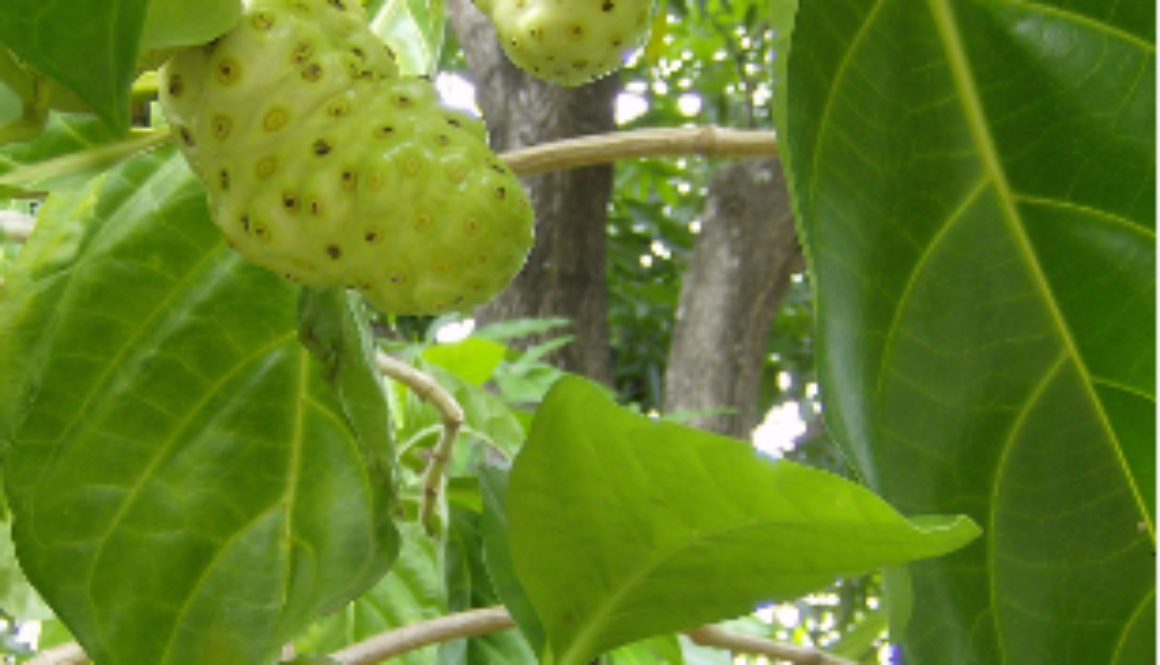Noni
Noni, scientifically known as Morinda citrifolia, is a tropical fruit-bearing tree native to Southeast Asia and the Pacific Islands. Revered for its medicinal properties and nutritional benefits, Noni has been used for centuries in traditional Polynesian medicine and is gaining popularity worldwide for its potential health-promoting properties.
Part Used: The fruit of the Noni tree is the primary part used for its medicinal and nutritional value. The fruit, which is green when unripe and turns yellow or white as it ripens, is rich in vitamins, minerals, and phytochemicals. It contains compounds like scopoletin, anthraquinones, and polysaccharides, which contribute to its therapeutic properties.
Usage: Noni fruit is consumed fresh, juiced, or in powdered form for its health benefits. It is believed to have antioxidant, anti-inflammatory, and immune-boosting properties, making it a popular remedy for various health conditions. Noni juice is touted for its ability to support overall wellness, improve digestion, and enhance skin health. Additionally, Noni fruit is used topically in skincare products for its moisturizing and rejuvenating effects on the skin.
Agrotechniques: Cultivating Noni requires a warm, tropical climate with well-drained soil and ample sunlight. The trees thrive in regions with consistent rainfall and high humidity. Noni trees can be propagated from seeds or stem cuttings, with planting typically done in nutrient-rich soil during the rainy season. Regular watering and fertilization promote healthy growth and fruit production. Harvesting of Noni fruit can be done once the fruits have ripened and turned yellow or white, usually occurring throughout the year in tropical regions. Care should be taken during harvesting to ensure optimal fruit quality and sustainability of the Noni tree population.

